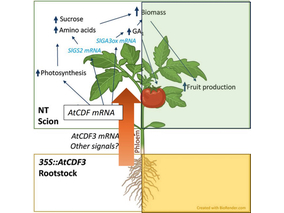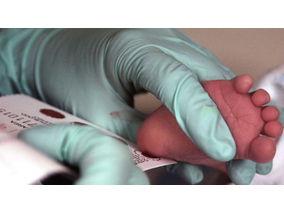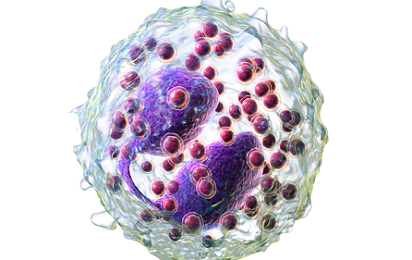A CIC biomaGUNE research team has determined a new application of magnetic resonance for the study of the protein corona through nanoparticle size change. Study of the protein corona, a spontaneous surface coating of nanoparticles, which inevitably forms when nanoparticles come into contact with the proteins naturally found in abundance in blood, is key in the field of nanomaterial design for biomedical applications.
This research has made it possible to study the protein corona in real blood samples and opens up the potential for measuring it directly in a living organism using a magnetic resonance imaging (MRI) scanner.
Mónica Carril, Ikerbasque researcher in CIC biomaGUNE, explains: “Our team has studied the protein corona in blood and in the presence of cells. To do so, we have used fluorine-labelled nanoparticles. The signal from the nucleus of fluorine enables the diffusion coefficient of the nanoparticles to be measured free from interference using magnetic resonance”.
The research, published in the journal Nature Communications, not only allows protein corona to be studied in real blood samples but also opens up the potential for measuring it directly in a living organism using MRI. This is already under investigation in CIC biomaGUNE.

El equipo de investigadores observó cambios en el...

El gen AtCDF3 promueve una mayor producción de az...

Un estudio con datos de los últimos 35 años, ind...

En nuestro post hablamos sobre este interesante tipo de célula del si...

Una investigación liderada por científicos del IIBB-CSIC y del CIBER...
Portal de biotecnología en España
¡Suscríbase a nuestro newsletter para estar al día con las últimas noticias y ofertas!
2013 © Biotech-Spain.com - Site Developments SL. Todos los derechos reservados. Terminos y Condiciones | Política de Privacidad
Articles
Directory
